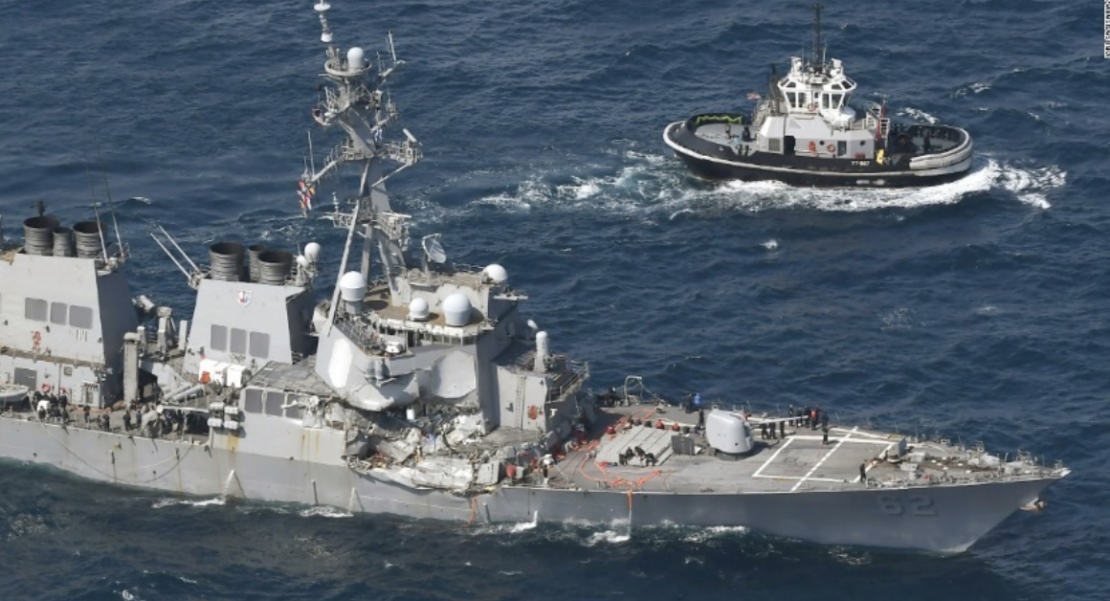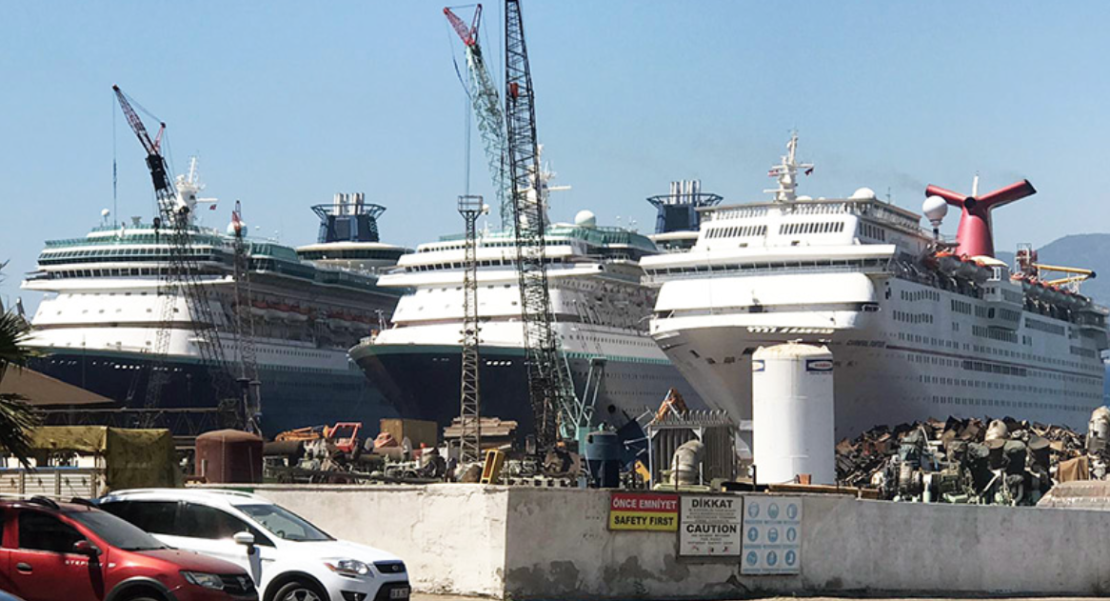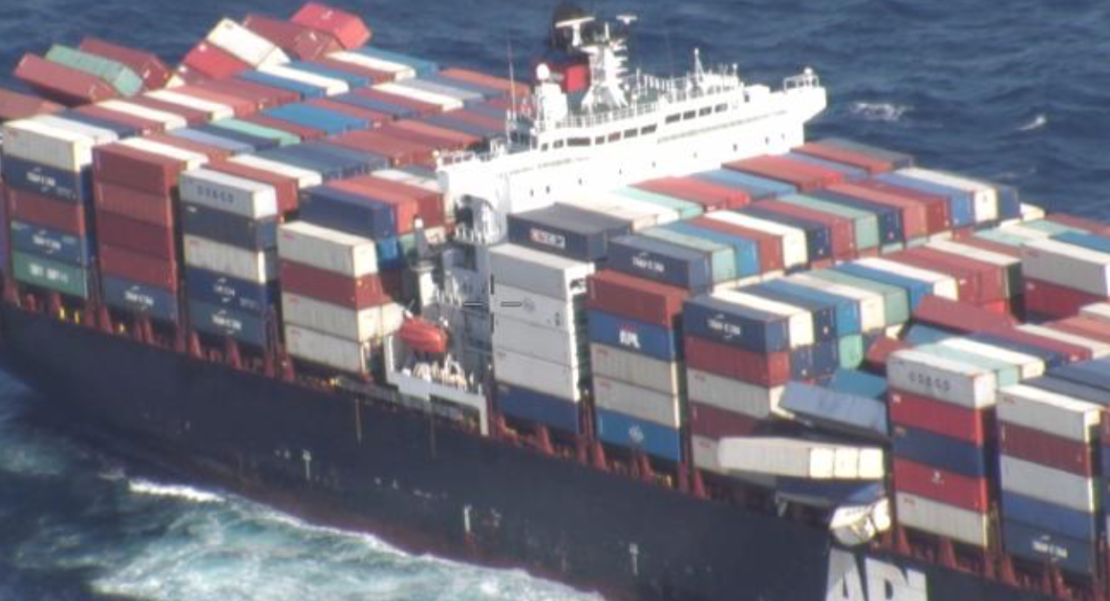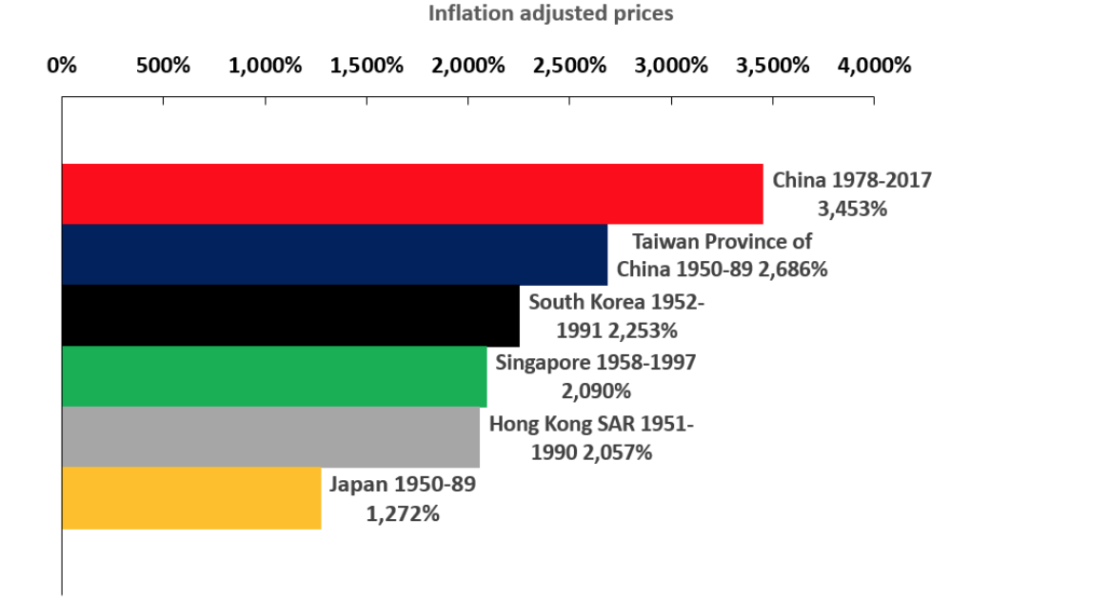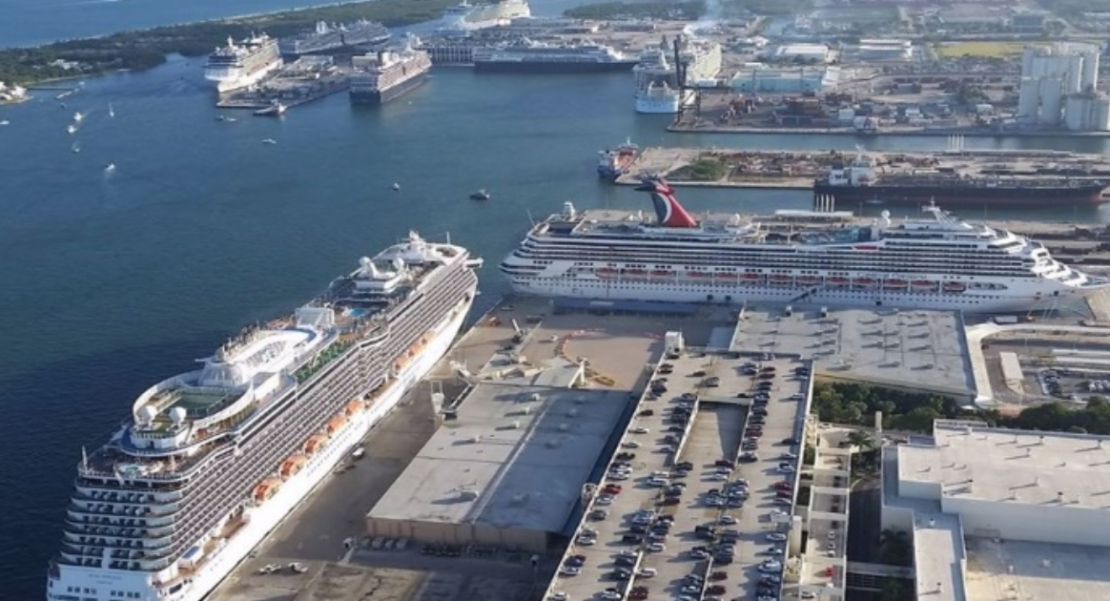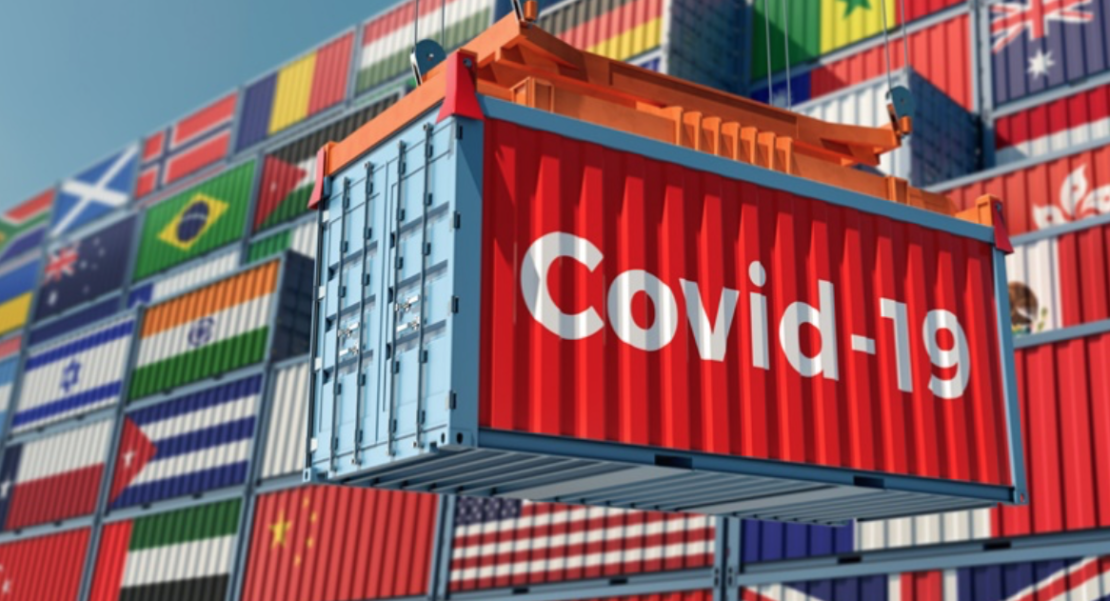USS Fitzgerald collision – Important Lessons To Be Learned
Normally I limit my articles to sharing facts but this month I will also share my thoughts on a serious issue – that of marine casualties.
This past month has seen a maritime casualty which any seafarer worth his or her salt knows full well should not have occurred, namely the grounding of the Japanese owned Cape size bulk carrier M.V. Wakashio off Mauritius with significant environmental consequences and loss of the ship itself. Let’s not beat around the bush, given today’s navigation aids, this occurrence was inexcusable gross negligence.
Recycling of Ships – Practical and Political Considerations
In normal times. the rate at which differing sectors of the shipping industry elects to sell or scrap ships is largely determined by freight markets or regulatory design and environmental changes and whether it makes economic sense to continue trading an aging vessel. In the COVID era we are seeing a new dimension in the decision of some cruise lines to sell or scrap ships which would normally have been expected to trade for several more years.
Growing Impatience with Container Losses at Sea
The incident in May this year, when the Singapore registered container ship APL England lost some 40 containers overboard off the coast of New South Wales, highlighted not only a continuing problem in the reliability of lashings but also the growing impatience of Port State Authorities with the consequences. In the case of APL England, the vessel was in transit from China to Melbourne and about 73 kms S.E. of Sydney when an engine failure left the vessel to the mercy of the elements resulting in unusually heavy rolling. In addition to the loss of containers, 74 were judged to be damaged including six hanging overboard. Rather than continue to Melbourne the vessel returned north to the port of Brisbane as a port of refuge. The vessel had previously lost 37 containers in the Great Australian Bight in August 2016, due to heavy rolling in rough seas.
The China Factor in Shipping
A study released a few days ago by the United Nations Conference on Trade and Development (UNCTAD), concludes that commodity exports to China are likely to fall substantially as a consequence of Covid-19. According to the report, in a worst case scenario China’s 2020 demand for commodities could fall by as much as 50% compared to 2019. With China absorbing around 20% of global commodities, this would inevitably have a severe impact on the world’s ports and commodity export dependent economies, further compounded by the continuing trade war with the U.S. Perhaps understandably, China has decided to temporarily drop the publication of annual growth targets.
Laying Up a Ship is Not a Simple Matter
As the world continues to wrestle with the challenge of COVID-19, the immediate, medium and long term implications for the maritime sector appear to be gaining recognition. The decision to layup a vessel is usually financial, sometimes operational, but on a personal note and for any seafarer, the experience is always emotional. Accustomed to running hard 24/7/365, when everything comes to a grinding halt and the vessel is left with a skeleton crew the question begs, where from here? Facts dictate the business decision to layup a vessel but the personal uncertainty of those impacted can often be overlooked. It is rarely so simple as switching to another vessel when the whole future of a company or even an entire sector of the marine industry is in a crisis of the magnitude of today.
COVID-19: Spotlight on the application of International Maritime Conventions
The spread of Covid-19 across the world has shed a spotlight on the ability of the International Maritime Organization’s ability to have a number of basic maritime conventions respected, in particular as they relate to Ports of Refuge, SOLAS and MLC (2006).

